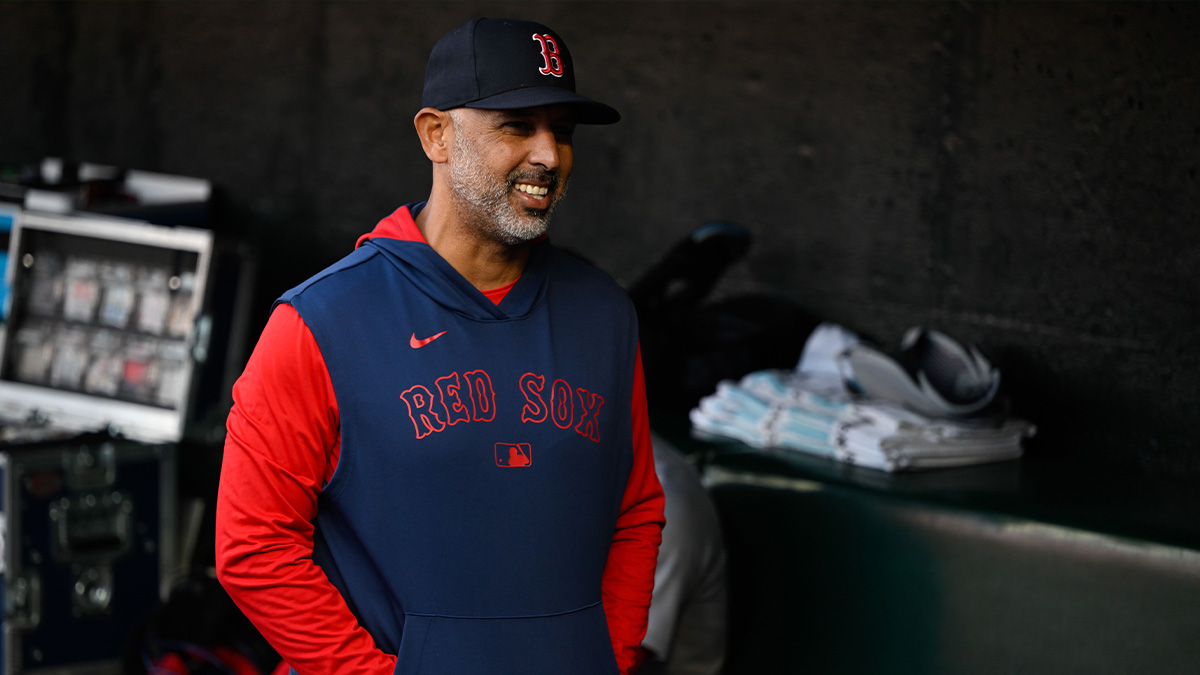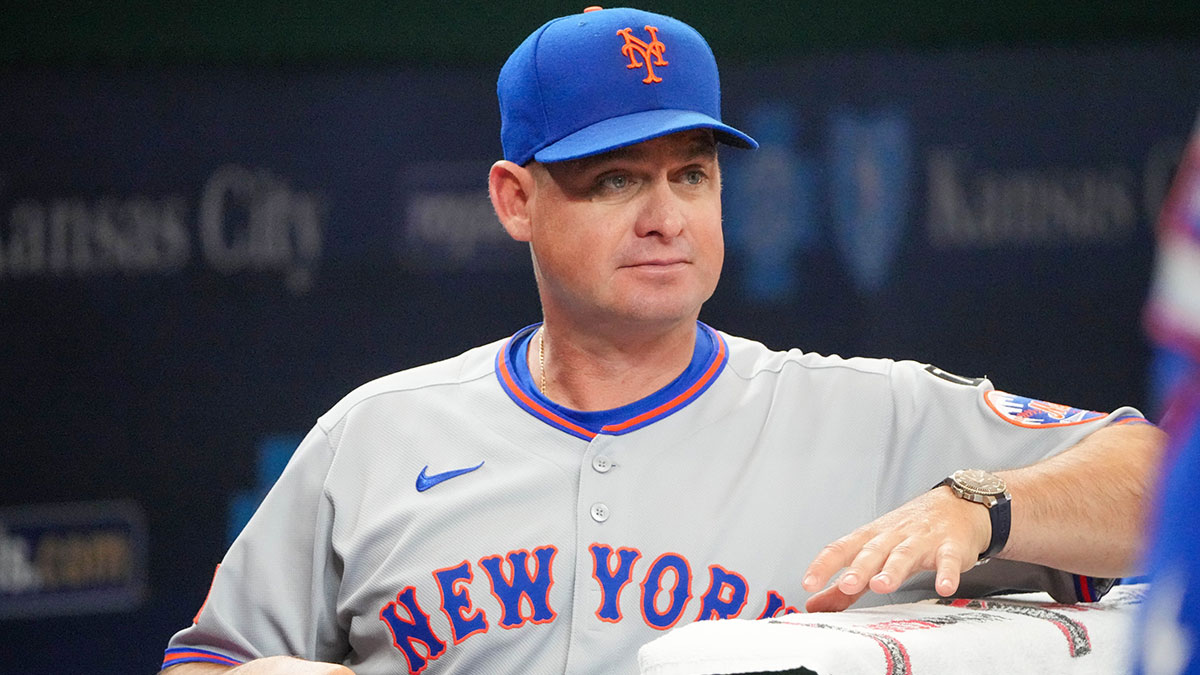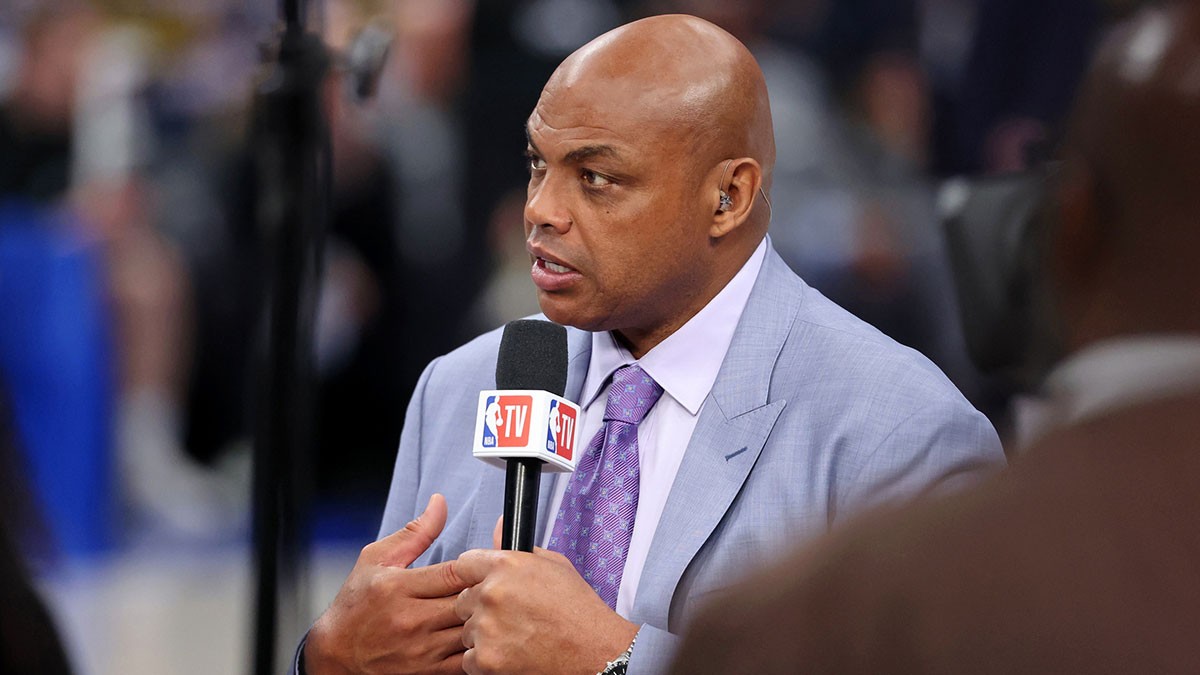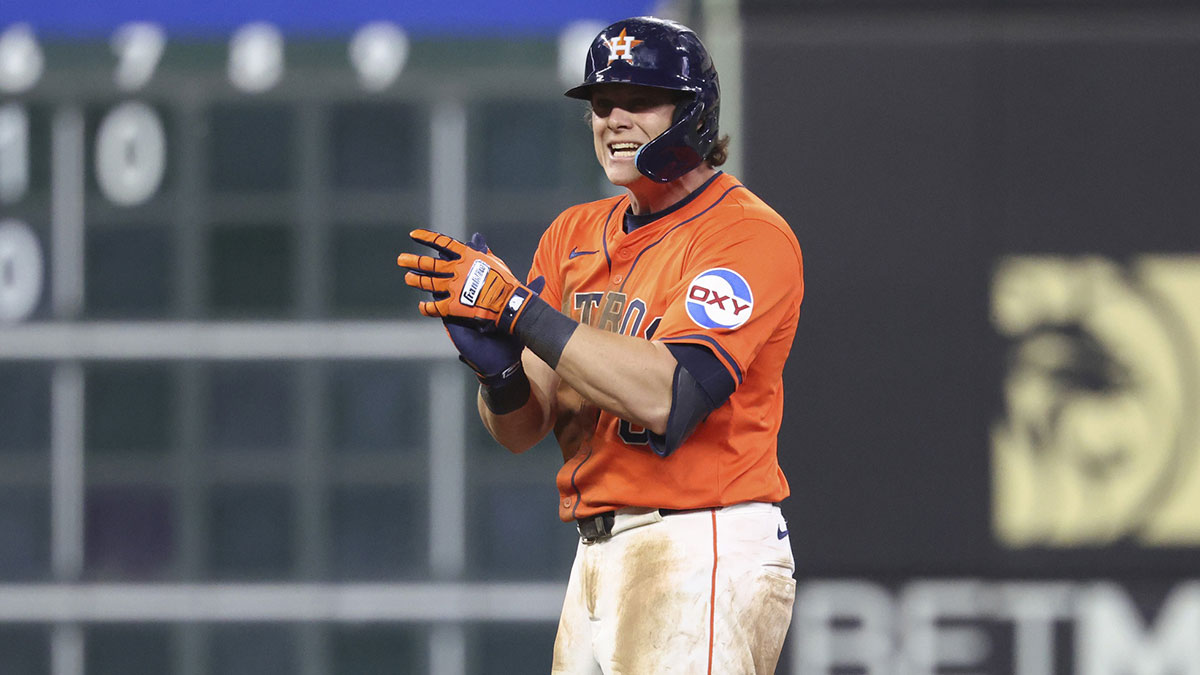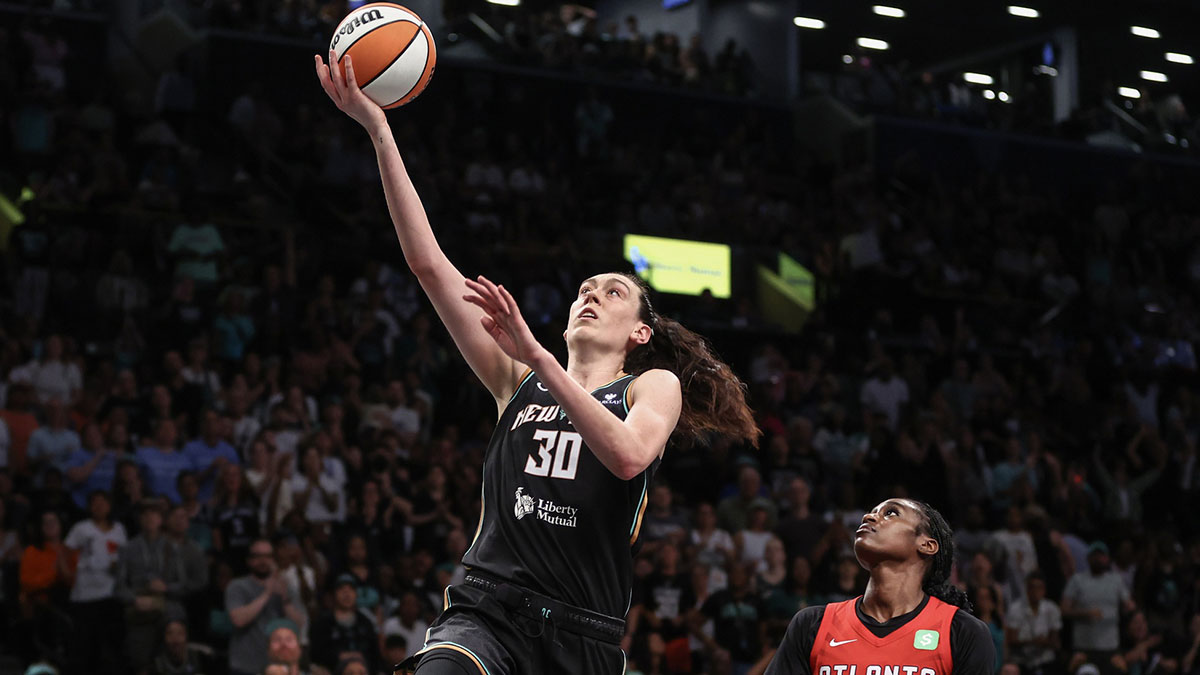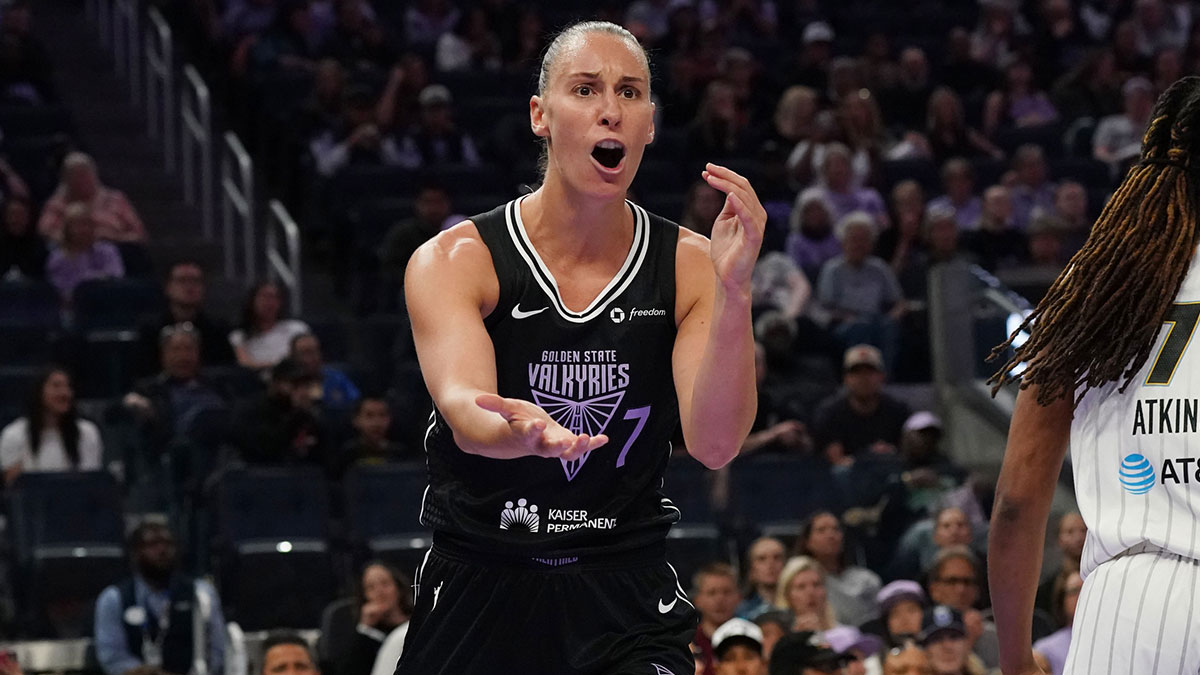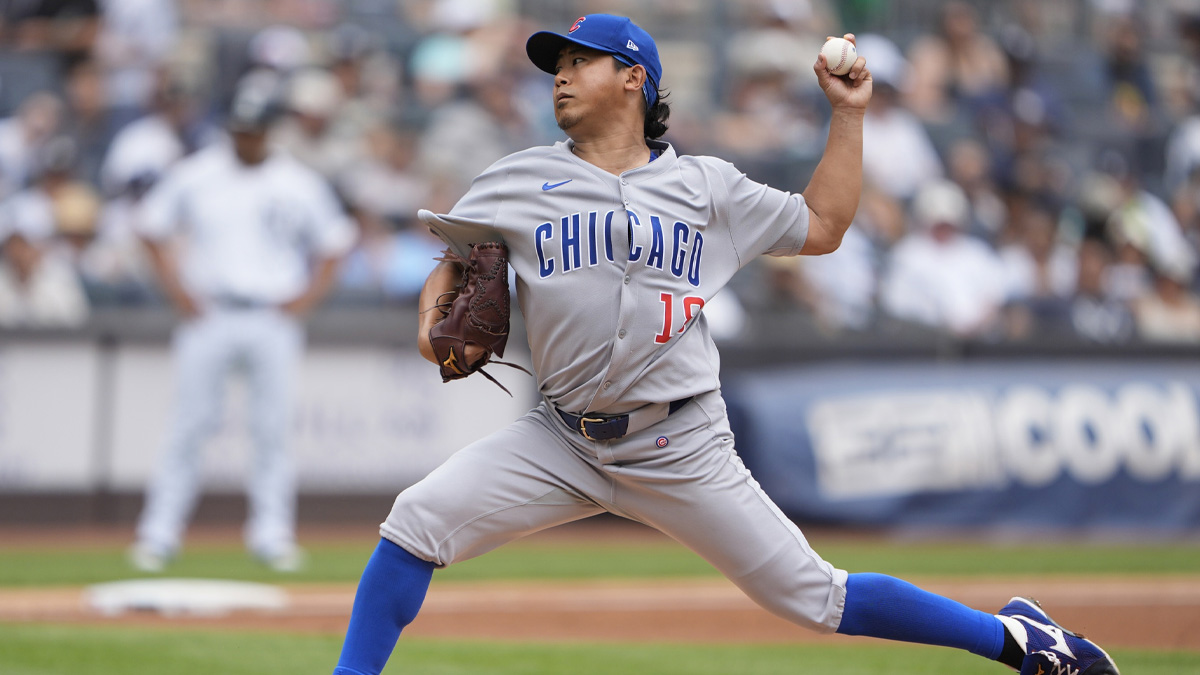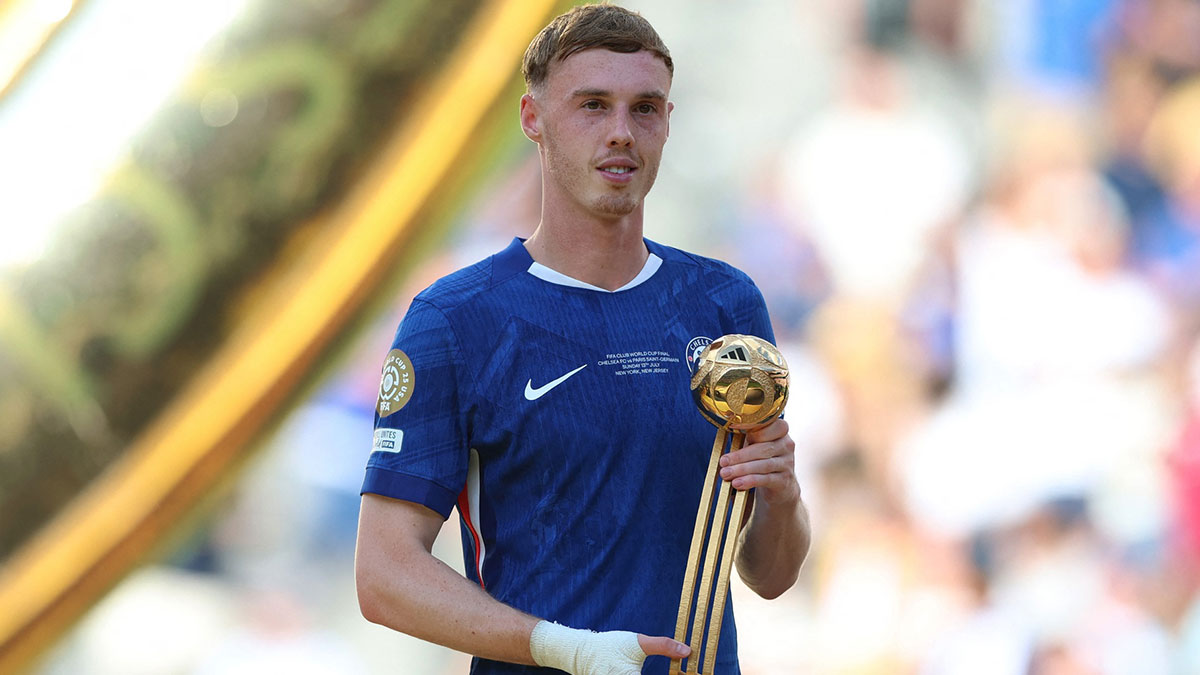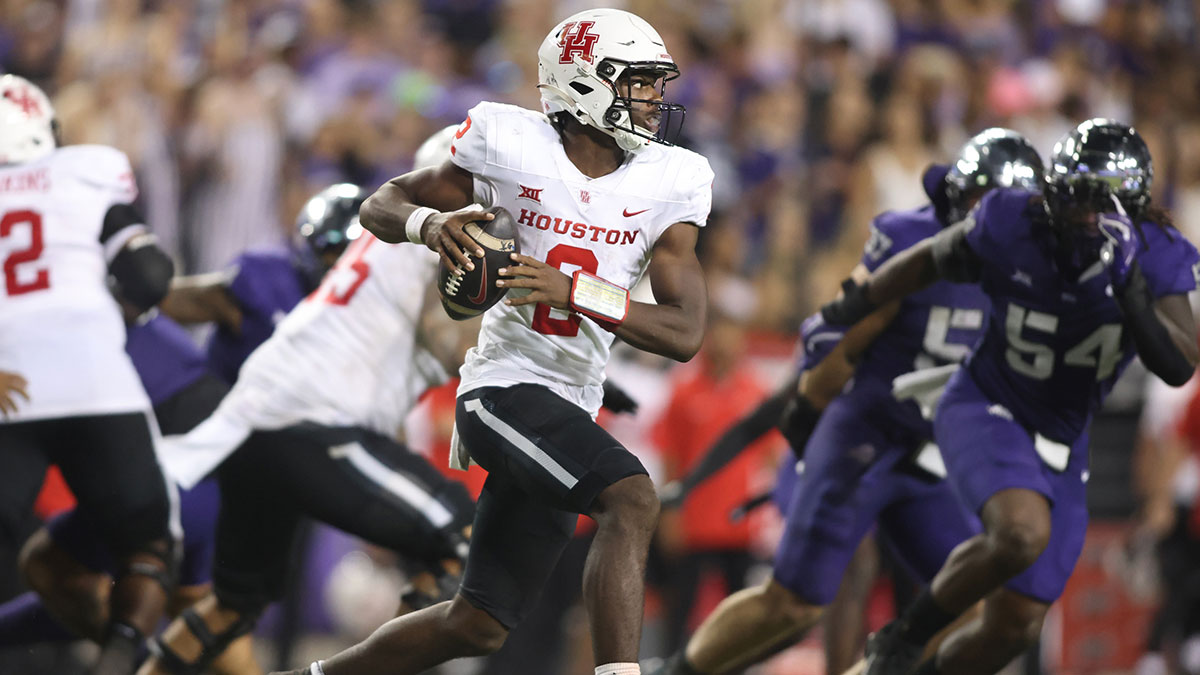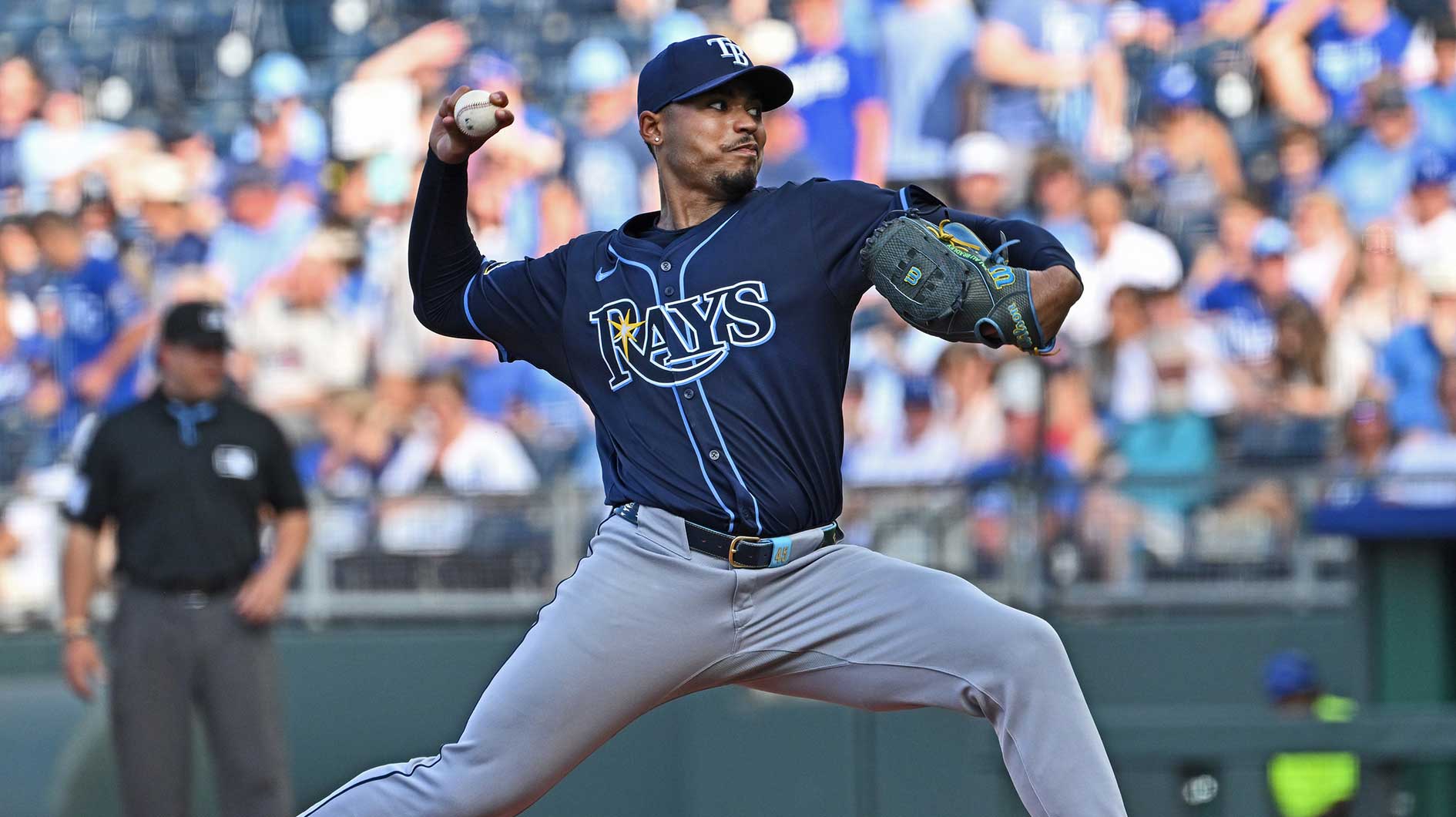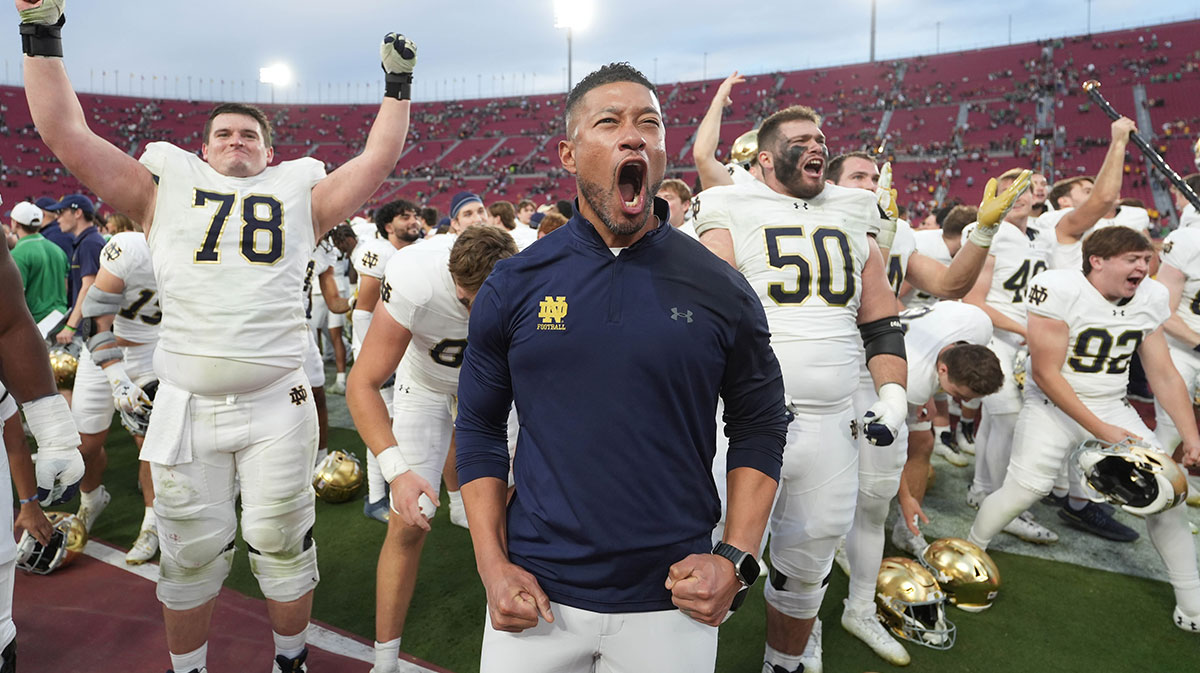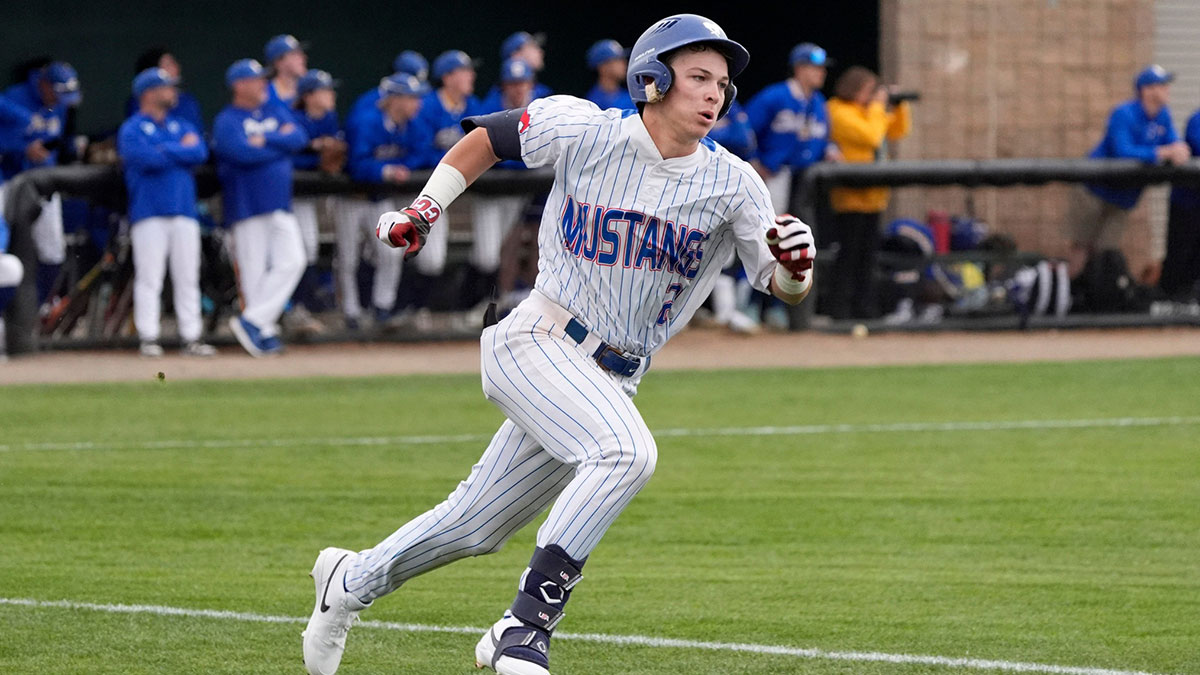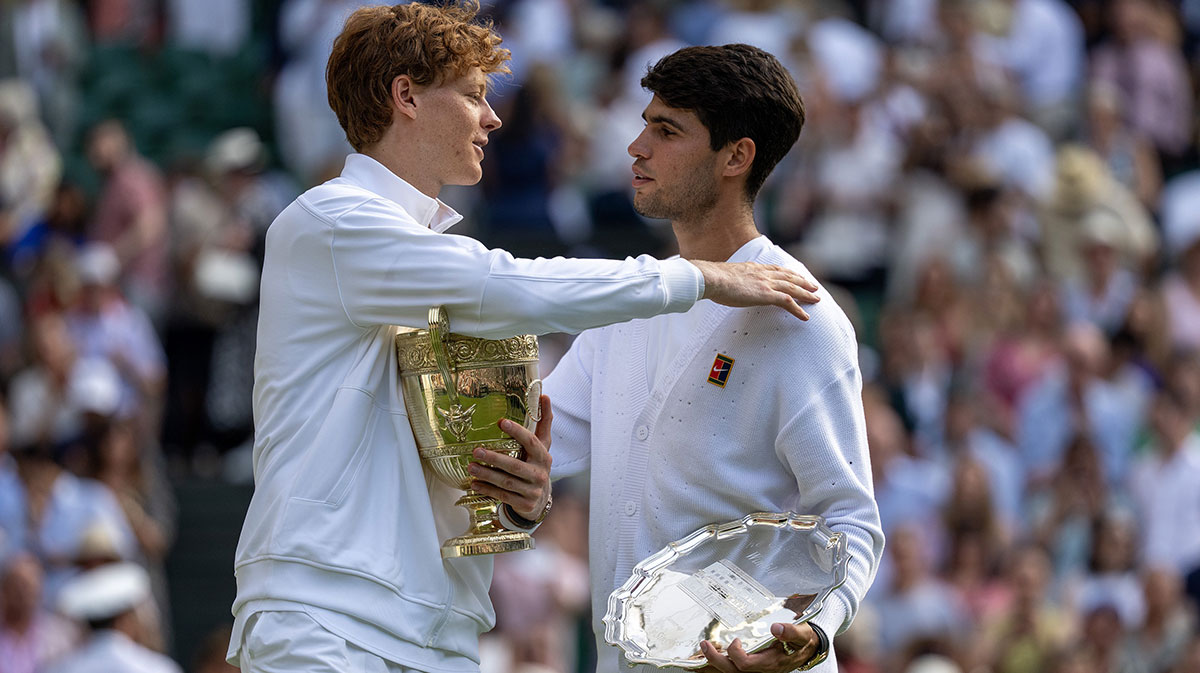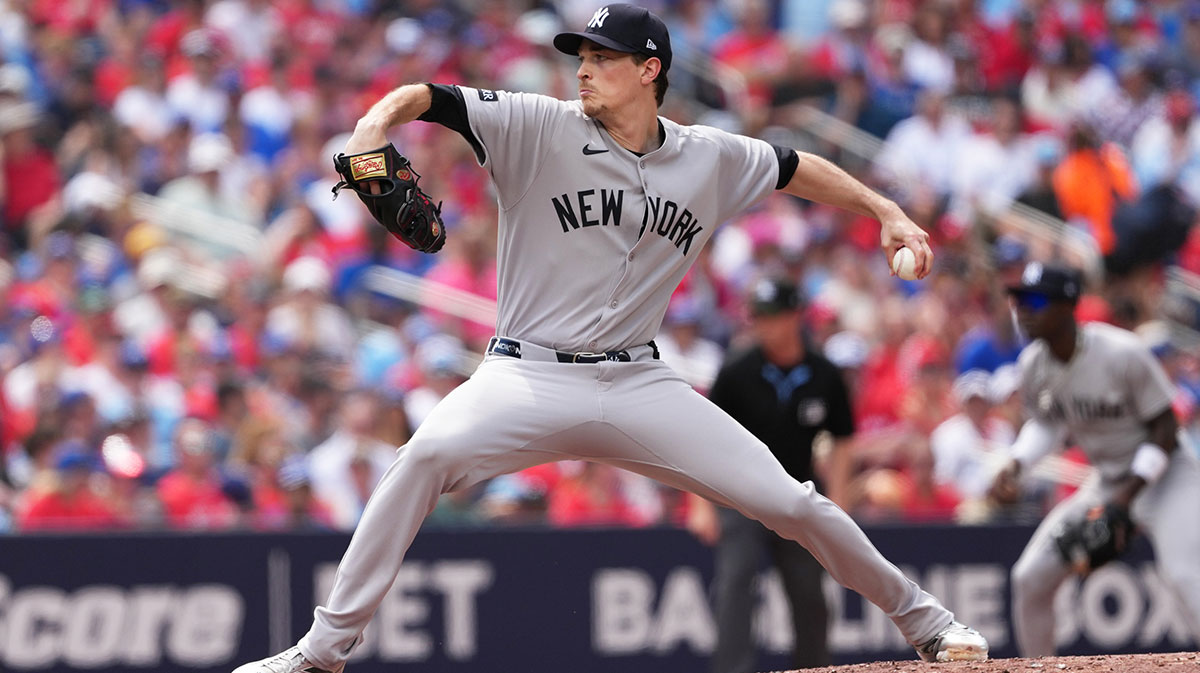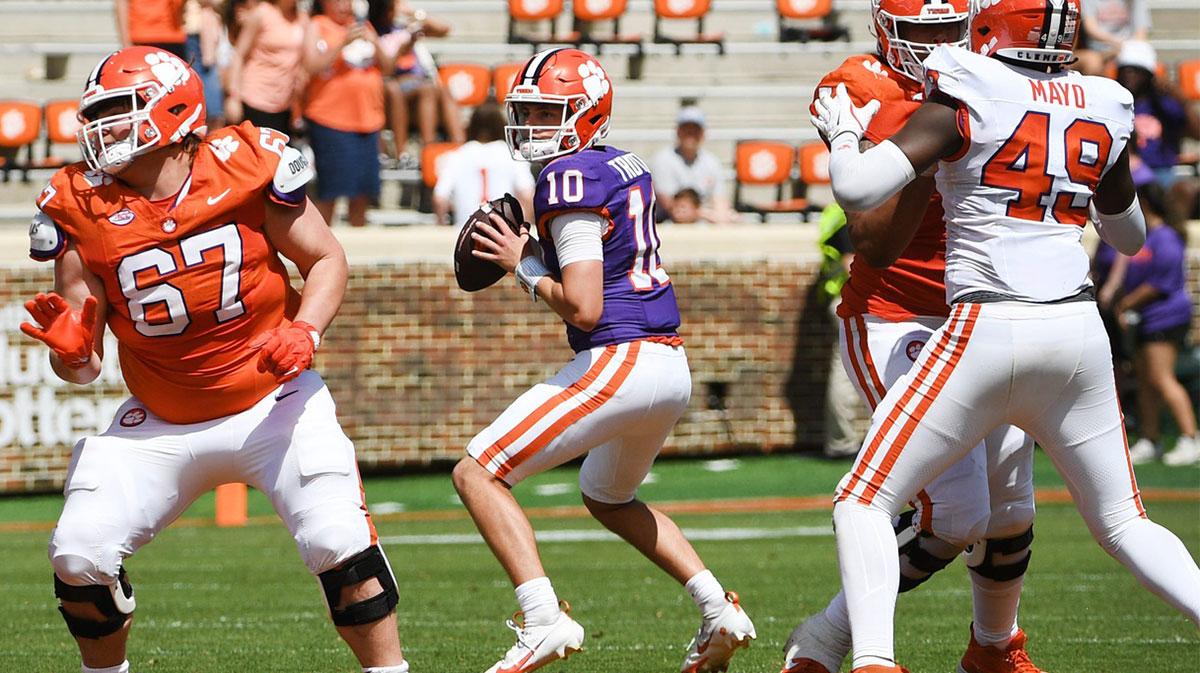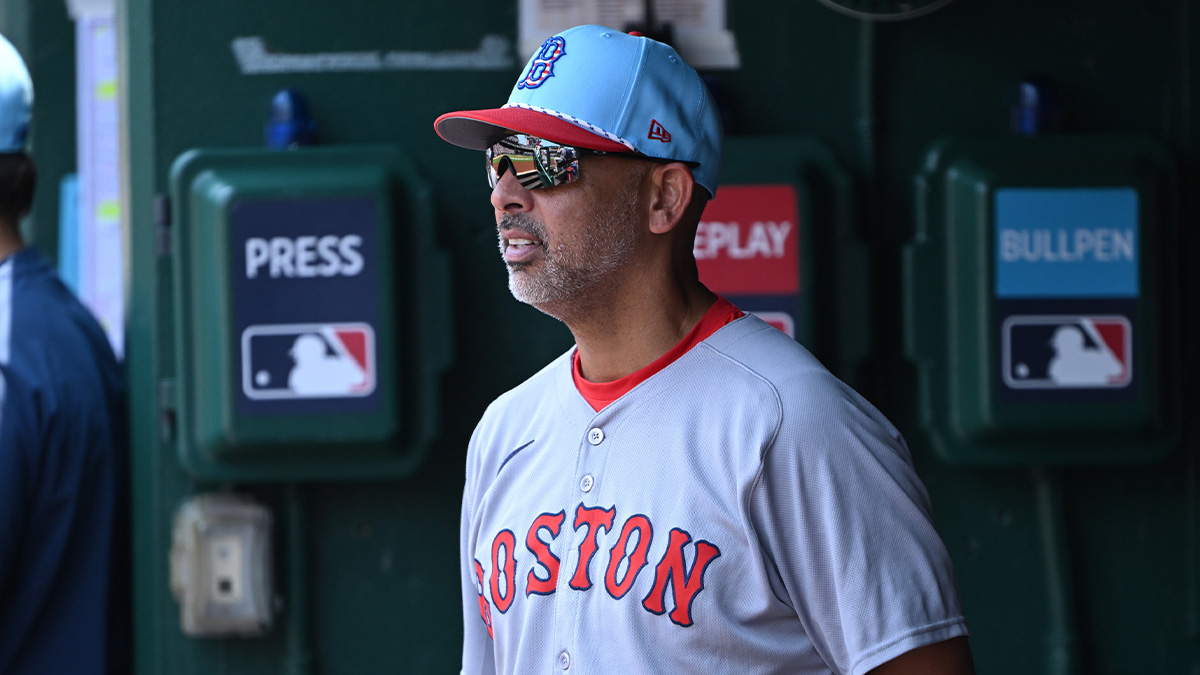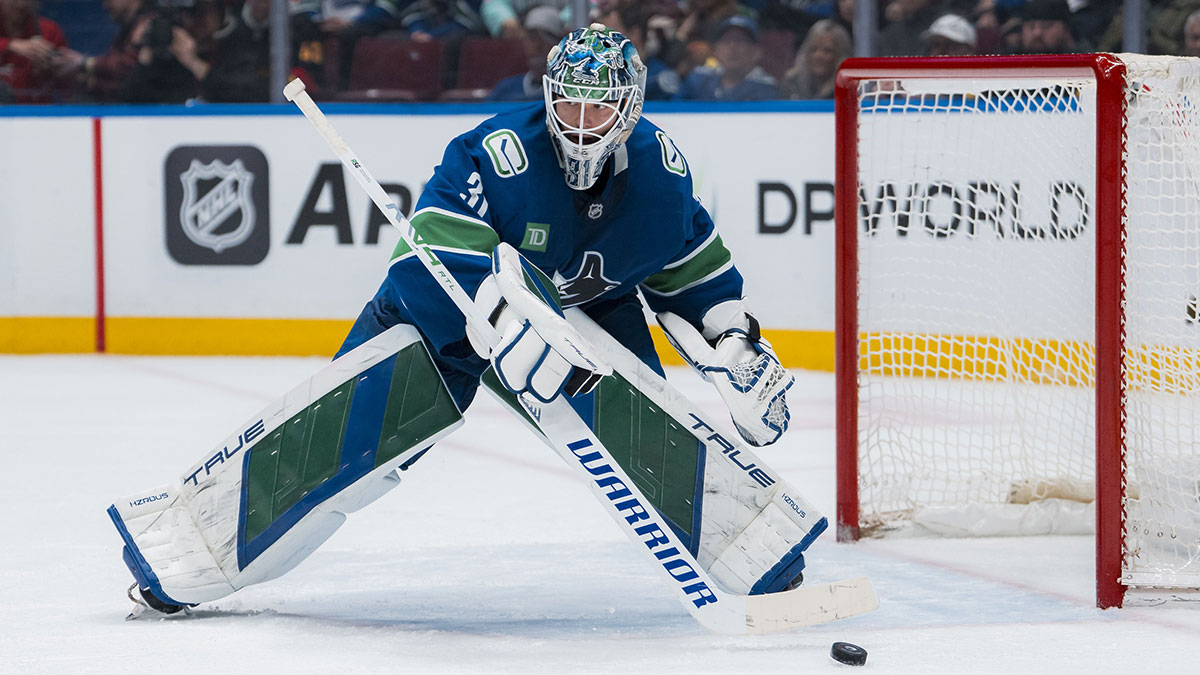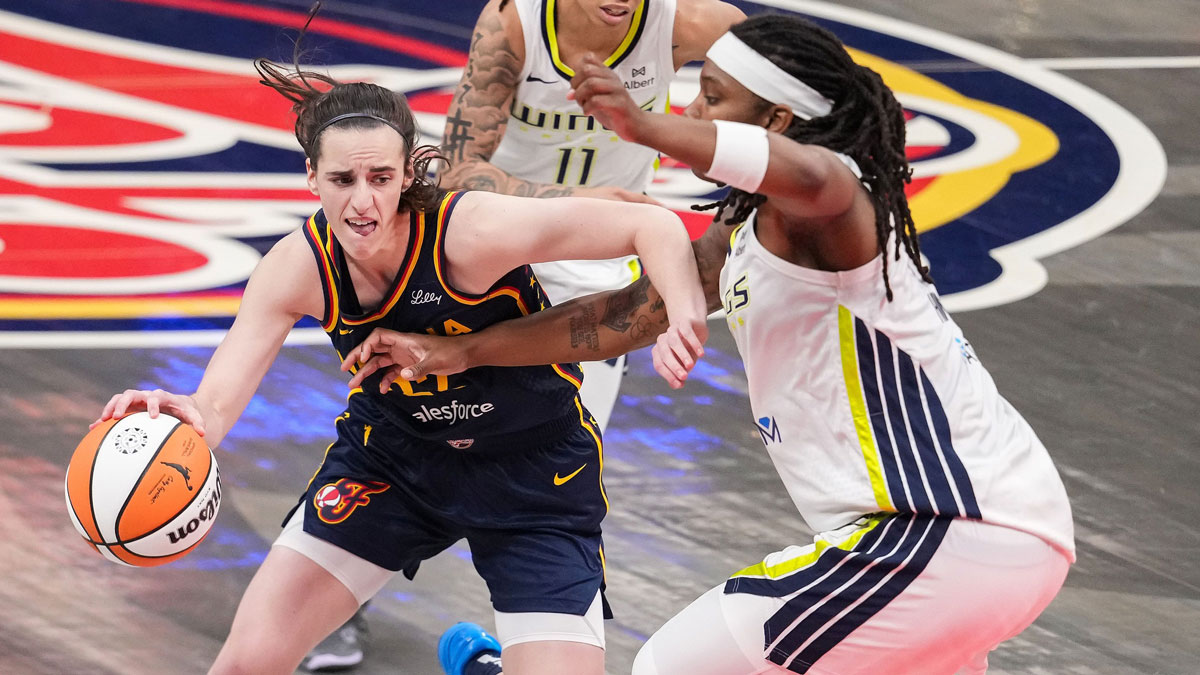The NBA Finals is the biggest stage in basketball. Only select few ever get to this stage, and it has seen iconic moments of triumph, defeat, glory, anguish, and—most importantly—greatness. Today's we're going to take a look at the best NBA Finals ever, ranked for your pleasure.
Some NBA Finals series are better remembered than others. Be it because of bitter rivalries, surprising upsets, or amazing individual performances. Here, we remember the top 10 NBA Finals series of all time
Top 10 NBA Finals Of All Time (Best NBA Finals Ever, Ranked)
A bit of a small caveat and note before we get going: A lot of this is subjective. One fanbase might value a certain NBA Finals over another due to fandom. There's also the inability to travel back in time, at least when a certain age, to be at the event — resulting in some speculation over just how good a specific Finals happened to be despite not being alive when it happened.
Nonetheless, here's our list of the best NBA Finals ever.
10. Golden State Warriors vs. Washington Bullets (1975)
https://www.youtube.com/watch?v=TUYMvxw-IMw
Warriors record: 48-34 (1st West)
Bullets record: 60-22 (2nd East)
Series result: Warriors win 4-0
Finals MVP: Rick Barry
This was a series that was believed to be over from the start. Many believed Washington had won the chip after soundly beating the #1 seed and defending champion Boston Celtics in the Eastern Conference Finals. They had good reason to believe so, too. The Bullets cruised to a 60-win regular season behind Wes Unseld and Phil Chenier. Meanwhile, the Warriors needed only 48 wins to capture the #1 seed in a weak Western Conference.
So when Golden State swept Washington in four closely-contested games, the unthinkable happened. Rick Barry went absolutely bonkers for the Warriors in this series. He averaged 29.5 points, 4 rebounds, 5 assists and 3.5 steals in 43 minutes. Washington was paced by Phil Chenier, who averaged 23 points, 5 rebounds, 4.8 assists, and 2.5 steals.
The first two games of the series saw the Bullets jump out to an early lead. Unfortunately for Washington, Golden State stormed back in both games to take a 2-0 series lead. In game 3, Rick Barry once again came through with 38 big points. He was aided by undersized and unlikely hero Jamaal Wilkes, who contained Elvin Hayes defensively. The Bullets came out desperate in game 4, as they were very physical with Barry. The tension led to Warriors Head Coach Al Attles to get ejected following numerous complaints about the Bullets' physicality. In the end, the Warriors' efforts were enough to eke out a 96-95 victory to complete the sweep and the title run.
The Warriors used its depth to win the series. This iteration preemptively used “Strength in Numbers”, as no player—except Barry—cracked 27 minutes a game. Nine players played at least 18 minutes and scored at least 6 points per game for the Dubs. In stark contrast, Washington showcased its top-heavy lineup, as they had four players averaging over 40 minutes, with only five players clearing the six-point mark. This led to the Dubs having a crucial 147-57 edge in total bench points in the series.
This is one of the biggest upsets in the NBA Finals. It sent a strong message to all future NBA teams: once you get to the NBA Finals, anything can happen.
9. Chicago Bulls vs. Phoenix Suns (1993)
Bulls record: 57-25
Suns record: 62-20
Series result: Bulls win 4-2
Finals MVP: Michael Jordan
This Finals series was our first glimpse of the inevitability of Michael Jordan.
The Chicago Bulls were facing a hungry team in the Charles Barkley-led Phoenix Suns. The Suns won an NBA-best 62 games—good enough for first in the West,—and Barkley was crowned MVP. The Bulls, meanwhile, were facing questions about whether fatigue from two straight title runs were catching up to them. They settled for a 57-win season and second in the East.
Many believed that the Suns had a decent chance in stopping Chicago from their third straight title. After all, they had the MVP and home-court advantage on their side.
Chicago silenced those believers pretty quickly, as they won the first two games in front of a stunned Phoenix crowd. Barkley himself admitted in a Bill Simmons podcast that he thought Jordan was better player than him at the time. Phoenix would bounce back in Chicago, winning the two out of the next three games. In game 6, however, Chicago, with the help of John Paxson's iconic late three, clinched its third straight title.
Barkley put up valiant numbers in defeat. He torched Chicago's big men to the tune of 27.3 points, 13 rebounds, 5.5 assists, and 1.2 steals per game. Jordan, however, was just godly. He averaged an unfair 41.0 points, 8.5 rebounds, 6.3 assists, and 1.7 steals on 50.8% shooting.
8. Chicago Bulls vs. Utah Jazz (1997)

Bulls record: 69-13
Jazz record: 64-18
Series result: Bulls win 4-2
Finals MVP: Michael Jordan
This was another glimpse to the inevitability of Michael Jordan.
Everybody who follows the NBA remembers the flu game (or the food-poisoning game if you watched The Last Dance) in game 5 of this series. A visibly sick MJ torched the Jazz defense in Utah on his way to 38 points—including a clutch game-tying trey—to help the Bulls nab a pivotal 3-2 lead.
Aside from the flu game, there were plenty of story lines that made this a compelling Finals series to watch. One, of course, is the MVP award, which was won by Karl Malone for leading the Jazz to a 64-18 regular season. The Jazz center averaged 27.4 points, 9.9 rebounds, 4.5 assists, and 1.4 steals. Jordan, who averaged 29.6 points, 5.9 rebounds, 4.3 assists, and 1.7 steals for the 69-13 Bulls, felt robbed with Malone's coronation. Jordan would get the last laugh as the Bulls would hoist the Larry O'Brien trophy at the expense of the Jazz.
The sheer number of late-game heroics also made this a memorable series. Game 1 featured a late-game jumper by Jordan to clinch the game for Chicago. After Jordan's clutch shot in game 5, it was Steve Kerr's turn in game 6. The sharpshooter nailed the series clincher to get Chicago its fifth title in seven years.
7. Los Angeles Lakers vs. Detroit Pistons (1988)
Lakers record: 62-20
Pistons record: 54-28
Series result: Lakers win 4-3
Finals MVP: James Worthy
The Showtime Lakers and Bad Boy Pistons were a clash of basketball ideology. The up-tempo and flashy style of LA versus the gritty and in-your-face style of Detroit made this a fun series to watch. The series also feature a marquee match-up between two of the best point guards ever in Magic Johnson and Isiah Thomas. To add fuel to the fire, the defending champions had a target on its back the whole season following Pat Riley's promise of a repeat to the crowd of the championship parade in Los Angeles a year earlier.
Because of the starkly contrasting styles of play, none of the first five games were particularly close. Detroit and Los Angeles split the first four games in convincing fashion, with no game being decided by single-digits. In game 5, Detroit would give its fans one last show in the Pontiac Silverdome before moving to The Palace of Auburn Hills. In front of over 40,000 fans, the Pistons defeated the Lakers 104-94 to bid the stadium farewell and take a 3-2 series lead.
Game 6 saw one of Isiah Thomas' most memorable and valiant performances in his NBA career. Down six midway through the third, Thomas rolled his right ankle and had to step out of the game. At the 3:44 mark of the third, a hobbling Thomas took the court and scored 11 of Detroit's last 15 points to take an 81-79 Pistons lead coming into the final frame. A neck-to-neck fourth quarter, however, would end with a 103-102 Lakers win to extend the series.
James Worthy then took over in Game 7 with a 36-16-10 masterclass to propel the Lakers to its second consecutive title and cement his nickname as Big Game James.
Promise kept for the Pat Riley and the Los Angeles Lakers.
6. Boston Celtics vs. Los Angeles Lakers (1984)
Celtics record: 62-20
Lakers record: 54-28
Series result: Celtics win 4-3
Finals MVP: Larry Bird
Larry Bird and Magic Johnson, Celtics and Lakers, what more do you want? In their first finals clash, these two legends refueled the fiercest rivalry in the NBA. True to its name, the Finals series dubbed as Showtime '84 did not disappoint.
The buildup of the Magic-Bird rivalry started way back in college, when Magic-led Michigan State defeated Bird-led Indiana State in the national title game. Both entered the league in 1979 with extremely high expectations, and coincidentally landed in two rival franchises. Bird would win Rookie of the Year Honors, but Magic got the last laugh in the 1980 NBA Finals, as he won the NBA title and Finals MVP. Bird would respond the next year with an NBA title and Finals MVP of his own after beating the Houston Rockets.
In the next two years, Magic and his Lakers would go on to the 1982 and 1983 NBA Finals, with Bird's Celtics watching from the couch. The Lakers, however, would only win the 1982 Finals, with Magic claiming another Finals MVP award. Finally, in 1984, long-awaited NBA Finals match-up between Bird's Celtics and Magic's Lakers became reality.
The Lakers start game 1 strong in Boston, taking a 1-0 lead in the series. In game 2, the Lakers squandered a golden opportunity to take a 2-0 lead with the series shifting to Los Angeles. Leading by 2 with around 18 second left, James Worthy threw the ball away to Gerald Henderson, who scored a game-tying layup. Boston would then rally to a 124-121 OT victory to even the series. Los Angeles responded by routing Boston, 137-104, in game 3 at The Forum. It was Boston's worst playoff loss, and Bird lit a fire under his team by stating that they “played like sissies”.
The Celtics took Bird's word as motivation, and game 4 was when tensions started to rise. Kevin Mchale's infamous clothesline on Kurt Rambis happened in the third quarter of this game, and this set a more physical tone for the series. Not long after, Bird and Abdul-Jabbar got into it as well. In the fourth, Cedric Maxwell flashed a choking sign after James Worthy missed a free throw. The Celtics escape with a win after a jumper by Bird and a steal by M.L. Carr to tie the series once again.
In game 5, Bird goes off for 34 and 17—arguably his best game in the series—to give the Celtics a crucial 3-2 lead. In game 6 back at Tinseltown, the Lakers even the series behind Kareem's 30-10 domination to set-up an epic game 7. The penultimate game saw Cedric Maxwell go of for 24-8-8 as the Celtics take the NBA title back to Beantown.
Larry Bird earned the Finals MVP award behind his averages of 27.4 points, 14.0 rebounds, 3.6 assists, 2.1 steals, and 1.1 blocks. Boston moves on to 7-0 in Finals series against their arch-nemesis. Magic Johnson and the Lakers would go on to exact revenge the next year, beating the Celtics in six games.
5. Boston Celtics vs. Los Angeles Lakers (1962)
Series result: Celtics win 4-3
Finals MVP: Jerry West
A very vintage pick, but it's hard to ignore the sheer drama and insane competitiveness that went down in this NBA Finals. First off, let's get it out of the way that the quality of play back then is not the same as it is now. However, this does not take away from making this one of the best Finals of all-time.
The statistical marvels present in this series cannot be understated. Bill Russell averaged 22.9 points and an NBA Playoffs-record 27 rebounds (!!!) in seven games, not to mention the number of potential steals blocks he may have had if the NBA was tracking them at the time. In game 7, Russell grabbed 40 rebounds—still the record in an NBA Playoffs game. Elgin Baylor, on the other hand, scored an NBA Finals-record 61 points along with 22 rebounds in game 5. Imagine if somebody were to amass these type of numbers in the year 2020—Twitter might actually explode.
Furthermore, this series is one of the only three NBA Finals (we'll get to another one later) that went down the wire in game 7. In fact, it's the most recent game 7 in the NBA Finals that went to overtime—the other instance was in 1957, which was the start of this Celtics dynasty. The Lakers had an excellent chance to put away the Celtics in regulation, but Frank Selvy bricked a wide-open baseline jumper to keep the Celtics alive. Boston would rally in overtime to raise the sixth straight banner in Boston. The memes that would be generated in this amount of drama would be electric, which would justify a top 5 NBA Finals ranking.
4. New York Knicks vs. Los Angeles Lakers (1970)
Knicks record: 60-22
Lakers record: 46-36
Series result: Lakers win 4-3
Finals MVP: Willis Reed
The Knicks were pretty much the favorites in this series, but the Wilt Chamberlain-led Lakers definitely put up a fight to make this Finals series one of the best ever. Of course, this series is most remembered for an injured Willis Reed walking out of the Knicks tunnel to a roaring Madison Square Garden in game 7.
Despite this, there is a lot more to this series than Reed's iconic moment. New York used a fourth quarter surge to take game 1, 124-112. Jerry West and Wilt Chamberlain then carried the Lakers during a neck-and-neck game 2 to win 105-103 and tie the series. Overtime was needed to decide both games 3 and 4, with the Knicks winning game 3 and the Lakers returning the favor in game 4. Bench play turned out to be the deciding factor in game 5, with Cazzie Russell and Dave Stallworth pouring on a combine 32 points in a 107-100 Knicks win.
A key big man on both sides would feature prominent in the last two games of the series. Game 6 was Wilt's time. He went off for a monstrous 45 point-27 rebound line on 74% shooting. West chipped in with his own 33 point-13 assist masterpiece as the Lakers force a game 7.
In game 7, all eyes were on Willis Reed. The center injured his thigh in game 5, and was not expected to play another game. Instead, he gave one of the most iconic moments in Finals history: walking out of the Knicks tunnel and scoring a couple of baskets on Wilt. He may not have played a lot of minutes in that game, but the psychological edge he gave the Knicks decided the series. By the time he left the court for good, the Knicks were up 61-37. Walt Frazier went crazy in that game to the tune of 36 points and 19 assists as the Knicks ended a 17-year championship drought.
Willis Reed was awarded Finals MVP. who amassed 23.0 points, 10.5 rebounds, 2.8 assists, and 1 iconic moment.
3. Boston Celtics vs. Los Angeles Lakers (1969)
Celtics record: 48-34
Lakers record: 55-27
Series result: Celtics win 4-3
Finals MVP: Jerry West
Another iteration of Celtics-Lakers? Yeah, this list is proving that no all-time rivalry even comes close to Celtics versus Lakers. Nevertheless, this is another vintage pick—one that highlights arguably the greatest dynasty of all-time: the 60's Celtics. The series also marked the only time in NBA Finals history that a player from the losing team won the Finals MVP award.
Coming into the Finals, the Lakers were overwhelming favorites to win the Larry O'Brien trophy. The cracks have started to show for the Boston dynasty—a dynasty that had won 10 of the last 12 NBA titles, including 8 straight. The aging Celtics core stumbled to a 48-34 regular season, their worst finish since 1957 and good for just fourth in the East. They were not expected at all to make noise in the playoffs. On the other hand, the Lakers rolled through the regular season with their West-Baylor-Chamberlain trio. They finished first in the West with 55 wins, and are hungry for the NBA title after being denied all six times by the Boston Celtics in the Finals in the last 10 years. Many were convinced that this was their time to break through.
West went off for 53 points and 10 assists in a 120-118 Lakers win to take a 1-0 series lead. In game 2, two all-time greats went at it in John Havlicek and Jerry West. The traded baskets and scored 43 and 41 points, respectively. While Havlicek won the scoring battle, West's Lakers ended up with a 2-0 series lead after a 117-111 win. Havlicek kept rolling in game 3 with a 34-13-7 line, as a desperate Boston team avoided an 0-3 deficit in front of their fans. A defensive showdown would follow in game 4, as no team shot better than 40% from the field. Free throws ended up the difference, as LA shot 54% compared to Boston's 87%. It was just enough for the Celts to eke out an 89-88 victory to tie the series.
In game 5, West showed out once again. He finished with 39-3-9 to carry Los Angeles to a 117-104 win—the only double-digit victory of the series. The Lakers were as close as ever with a 3-2 lead. Russell then put on a defensive clinic in game 6. Because of his defense, Wilt finished with an uncharacteristic 8 points. The Celtics survive 99-90 to force game 7 in Los Angeles. Trying desperately to drag the Lakers to a championship, West finished with a monster 42-13-15 line. However, it was not enough to overcome the mighty Boston Celtics, as the Lakers fell 106-108 to their arch-rivals once again.
It was West's sixth loss in the NBA Finals, but he would not come up empty-handed as he was awarded as Finals MVP, with averages of 37.9 points, 4.7, rebounds, and 7.4 assist. Furthermore, this was Russell's final season and the culmination of the historic Celtics run that netted 11 titles in 13 years. That's a lot of greatness in one series.
2. Cleveland Cavaliers vs. Golden State Warriors (2016)

Cavaliers record: 57-25
Warriors record: 73-9
Series result: Cavaliers win 4-3
Finals MVP: LeBron James
The suspension, the block, the shot, the comeback, the parking lot call—this series had EVERYTHING. The best comeback in NBA Finals history deserves this high a spot, especially because of the cast of characters involved.
The Golden State Warriors were the best regular-season team of all time. Seriously, their NBA-record 73 wins do not even tell the whole story—they simply looked unbeatable. Judging by their chemistry, they looked like a team who unlocked all their confidence coming off of a championship run in 2015. They rattled off 24 straight wins before getting their first loss of the season in Milwaukee—the best start in NBA history—and they never looked back. They helped revolutionize modern basketball: switching everything on defense and greatly reducing the amount of mid-range jumpers. Of course, Steph Curry deciding to not miss at all helped the Dubs a lot. This iteration of the Warriors showed how beautiful position-less basketball can be.
Meanwhile, business-as-usual would be the best way to describe the Cleveland Cavaliers' regular season. They were talented, for sure, with LeBron James, Kyrie Irving, and Kevin Love leading the way. However, the regular season is not really what LeBron and Co. were playing for—they were looking to give Cleveland its first NBA championship. Moreover, public attention was more focused on the Warriors' pursuit of 73 wins and Kobe's farewell tour. Even with a sudden coaching change from David Blatt to Ty Lue, the Cavs were simply going through the motions of the regular season. Nevertheless, they finished first in the East with a 57-25 record.
The Warriors were fresh off a series comeback against the Oklahoma City Thunder, and were favorites coming into the NBA Finals rematch with Cleveland. In the first two games of the series, the Warriors flexed their muscles and showed the world why they were able to win 73 games in the first place. They win games 1 and 2 by a combined 48 points, including a 110-77 humiliation of the Cavs in Oracle Arena. By game 3, it was Cleveland's turn, as they routed the Warriors 120-90 in Quicken Loans Arena.
In game 4, things would start to heat up. For one, Steph Curry finally woke up. For the first three games, he has not been the Curry that ravaged through the regular season. He showed out in a big way in game 4, scoring 38 with 7 treys, as the Dubs take a 3-1 series lead. Near the end of the game, Green and James would get into a little altercation that eventually earned both a flagrant foul and technical foul, respectively. That altercation would impact the series in a big way as Draymond Green—a key cog in the Warriors system—would be suspended for game 5 due to having four flagrant fouls in the postseason. In fact, Warriors fans claim until now that the Dubs would have won in game 5 if not for the Green suspension.
Whether that is true or not, there is no denying the fact that James and Irving ABSOLUTELY BALLED OUT in game 5 to keep the Cavs alive. They scored 41 each—the first time any two teammates have done so in the NBA Finals—to cut Golden State's lead to 3-2. Still with his back against the wall, James kept the ball rolling in game 6. He finished with a cartoonish 41 points, 8 rebounds, 11 assists, 4 steals, 3 blocks and 1 iconic trash talk moment against 2016 MVP Steph Curry in a 115-101 game 6 W.
Game 7 was a slow burn, as both teams were having difficulty scoring throughout. To add for dramatic effect, the overall score for the series at that point was actually tied at 610! The final game featured a good back-and-forth between the two teams, with neither being able to pull ahead for a significant advantage. As for all great game sevens, a lot of the iconic moments of the series came in the fourth quarter. After Klay Thompson hit a layup to tie the game at 89 with 4:39 left, both teams fell off offensively. No one could hit a bucket, but then at the 1:55 mark, a breakthrough for Golden State.
After a missed contested layup from Irving, Andre Iguodala quickly grabbed the rebound and transitioned to a 2-against-1 fast break with Stephen Curry. Iguodala got a decent look,—probably the best scoring chance ever since the deadlock at 89—but then it was… BLOCKED. BY. JAMES. You could hear the nervous whispers in Oracle Arena after that play—they knew that a golden opportunity had slipped away. Again, a series of bricks occur. At 1:09, Kyrie decides he's had enough, and calls for an isolation against Curry in the right wing. Size up, side step, triple. The Cavs found themselves ahead by three. It wasn't over yet, however, as the Dubs look to mismatch Love against Curry in the next possession. But Love stood his own and forced Curry into a miss—a play which I think is very underrated in the 2016 Finals. Nevertheless, it was fun to see each member of the Cleveland Big 3 own a big game 7 moment.
The Cavs held the Warriors scoreless for the last 4:39 to win their first NBA title and break Cleveland's 52-year championship drought. LeBron James was rightfully the Finals MVP after he led both teams in points (, rebounds, assists, steals, AND blocks.
Coming back from a 1-3 series deficit makes for a good series. Executing it in dramatic game 7 fashion makes for a great series. Doing it against a team that went 73-9 in basketball's biggest stage makes for a legendary one.
1. Miami Heat vs. San Antonio Spurs (2013)

Series result: Heat win 4-3
Finals MVP: LeBron James
“Rebound, Bosh. Back out to Allen. His three pointer… BANG! Tie game with five seconds remaining!”
In what should have been a Spurs championship celebration, Ray Allen and the Miami Heat had other plans. Rarely does an NBA Finals series swing so quickly from one team to the other in one play, but this was no ordinary NBA Finals.
The Miami Heat were the villains of the NBA at the time. Spearheaded by the Big 3, the Heat established themselves as the best in the world after beating the Oklahoma City Thunder in the 2012 NBA Finals. Much to the disappointment of many haters, the Heat steamrolled through the regular season once again en route to a 66-win season and first in the East. Then, they easily handled the Milwaukee Bucks and Chicago Bulls in four and five games, respectively. Their first real challenge came in the ECF against the Indiana Pacers, as Indiana's stifling and physical defense pushed the series to the brink. However, the Heatles prevailed in game 7 to send Miami to its third consecutive NBA Finals appearance.
San Antonio, on the other hand, was its usual consistent self under Coach Gregg Popovich. Their veteran presence (Parker, Duncan, Ginobili) and young talent (Kawhi Leonard and Danny Green) propelled the Spurs to 58 regular season wins, behind only the defending West champion OKC. Their road to the finals was quite easy seeding-wise. First, they quickly disposed of the seventh seed Howard-Nash-Bryant Lakers in four games. Then, they easily contained the sixth seed Golden State to win the second round in five games. Finally, Memphis' grit and grind defense was no match for San Antonio's talent and system, as the Spurs advance to the NBA Finals for the first time since 2007—where they faced a Cavs team led by LeBron James.
San Antonio drew first blood in game 1 after Tony Parker hit a dagger with 5.2 seconds remaining to seal the victory in Miami. James racked up an 18-18-10 line, but it wasn't enough to overcome Parker's 21-point, 6-assist line and Duncan's 20-14 performance. Game 2 saw the Heatles get vengeance to the tune of a 103-84 beating to even the series. A 33-5 run in that spanned the second half broke the game wide open, and this was punctuated by James' emphatic block on Tiago Splitter at the rim.
In game 3, the Spurs returned the favor. They put up an NBA Finals record 16 three pointers to blow out the Heat, 113-77. Danny Green and Gary Neal exploded with 7 and 6 treys, respectively, as the Spurs dominated on both ends of the floor in San Antonio. Another blowout would happen in game 4—this time in favor of Miami. Mirroring game 2, the Heat pulled away in the second half behind the strength of the Big Three. James, Wade, and Bosh combined for a whopping 75 points to take a 109-93 victory. San Antonio would punch back in game 5 via another hot team shooting performance. As a team, the Spurs shot 60% in front of their hometown fans to take a 114-104 win and a 3-2 series lead as the series shifts to Miami for good.
Game 6 is what makes this series the best ever. Also known as “The Headband Game” because of LeBron playing the last quarter and overtime without his signature headband, this game has been widely recognized as one of the best games in NBA history. Throughout the game, the Heat and the Spurs exchanged runs in a back-and-forth game. With 28 ticks left, the Spurs were holding a comfortable five-point lead. At this point, security had begun to lay down the yellow tape in preparation for the Spurs' championship celebration.
In the ensuing Heat possession, James would hit a second-chance three off a Mike Miller rebound to cut the lead to two. The Heat would then rush to intentionally foul Kawhi Leonard, who would go on to make just one out of two to take a three point lead. With the opportunity to tie, James would then take matters to his own hands for the Heat, but he misses his three-pointer. The Spurs went small to cover Miami's shooters, which allowed Bosh to grab the offensive rebound and kick out to Ray Allen. The rest—as they say—is history. Allen nails the cold three to tie the game, and Miami forces OT. The Heat would go on to win the game through clutch defensive plays by Bosh and Allen in OT, 103-100. Series momentum was obviously now in Miami's side.
The Heat win the NBA title in game 7, 95-88, behind a 37-12-4 masterpiece from the King. LeBron delivered a dagger from 17 feet to give the Heat a four point advantage late in the game. The Heat clinch back-to-back titles, and LeBron is awarded Finals MVP with averages of 25.3 points, 10.9 rebounds, 7.0 assists, 2.3 steals, and 0.9 blocks.
It was tough putting this above the 2016 comeback. However, I did it for the following reasons:
- Ray Allen's shot is arguably the best shot in NBA Finals history
- The Heat were DEAD in Game 6—if you were watching that game, you knew for sure they were going to lose. The 2016 Cavs were never this threatened in games 5, 6, or 7
- The birth of headband-less LeBron James—and the hairline memes
- The face LeBron makes when he sees Kawhi check in
- Mike Miller's no-shoe three-pointer in Game 6
- Have I mentioned that Ray Allen's shot is the best in NBA history?
Not bad at all for the best NBA Finals of all time.

